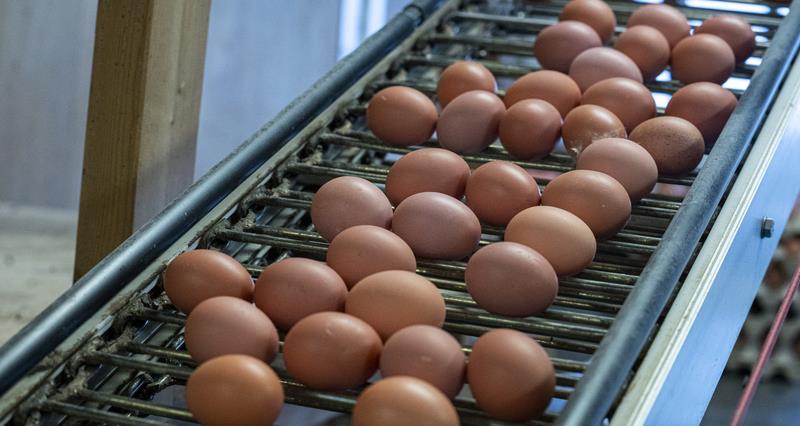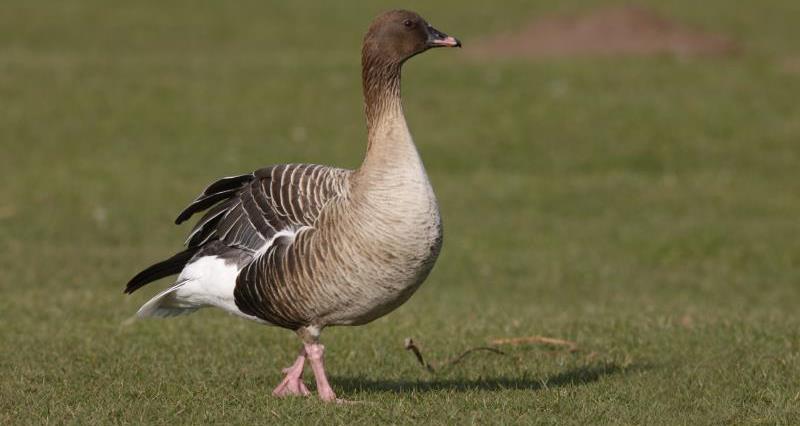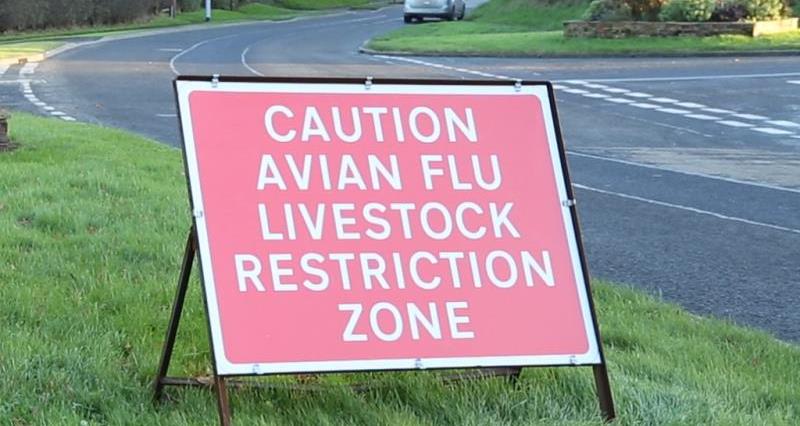Under the current legislation, when mandatory housing measures are introduced to protect against the spread of AI (avian influenza), eggs from free range birds can only continue to be labelled as ‘free range’ for 16 weeks after the housing order has come into effect.
After this period, these eggs must then be labelled as barn eggs. Egg producers hold the majority of the risk associated with the loss of free range status after the current 16-week period expires and they are dependent on the goodwill of their customers to maintain their free range premium if eggs have to be re-classified as barn eggs.
In both 2021-22 and 2022-23, the 16-week derogation period was exceeded by six and seven weeks respectively, which led to significant costs for the poultry sector as egg packaging had to be changed to comply with legislation.
At the second annual Farm to Fork summit on 14 May 2024, the previous government confirmed that the 16-week derogation period would be removed, following responses to its consultation held in England and Scotland with key stakeholders, including the NFU.
The new government has this week confirmed the amends to the existing legislation will be introduced through a statutory instrument later this year, allowing free range eggs to be labelled as such throughout mandatory housing measures.
Level playing field
Responding to the news, NFU Poultry Board chair James Mottershead said he was “pleased” to see that the amends would be made, adding that the removal of the 16-week derogation period forms one of the NFU’s four key asks on AI policy, dating back to October 2022.
“It’s great to see that, during stressful times for poultry producers, any additional burden will now be minimised. This includes practical challenges and the excess costs associated with the previously required labelling changes,” he said.
The NFU has consistently called for a GB-wide approach to egg marketing regulations and was therefore pleased to see the Welsh government announce its intention to consult on this same issue in addition to removing the 12-week grace period for free range poultry meat.
“This move will be welcomed by producers and we hope to receive a further positive announcement for producers in Wales shortly.”
NFU Poultry Board chair James Mottershead
“This move will be welcomed by producers and we hope to receive a further positive announcement for producers in Wales shortly,” James continued.
“Our overall aim for alignment across GB policy on this issue is crucial to ensure that producers are not left at a competitive disadvantage.”
The change would bring domestic legislation in line with marketing regulations in the European Union, ensuring a more level playing field with European egg producers.
Keepers to remain vigilant
Making the announcement, Farming Minister Daniel Zeichner said the government understood pressures faced by egg producers and “the crippling impact that avian influenza outbreaks can have on their businesses”.
“Removing the need to change labels on eggs and packaging will help them keep costs down and remain competitive.”
The UK declared itself free from avian influenza since 29 March 2024. There are currently no outbreaks of the disease in poultry or other captive birds in the UK, however, it continues to be found in wild birds in Great Britain and across Europe and keepers should remain vigilant and practice stringent biosecurity to protect the health and welfare of their birds.
For the latest information on avian influenza, check out our essential information page.



